Referrals
Having a team of clinicians for consultation and referral is crucial to providing effective client care. Below are some professionals I’ve built relationships with over the years, as colleagues and in my adjunct EMDR work. Additionally you can find directories if you are seeking services that you don’t see here.
eating disorders
-

Dr. Mindy Lais
-

Brenna Neimanis
EMDR Intensives
-

Kathryn Park
LGBTQ Affirming
-

Magothy River Counseling
Neurodivergence
-

Lindsey Cheatham
Psychiatry
-

Osenat Aremu
-

Rachel Townsend




